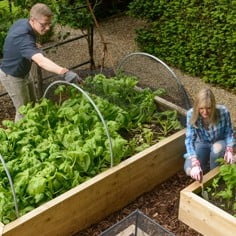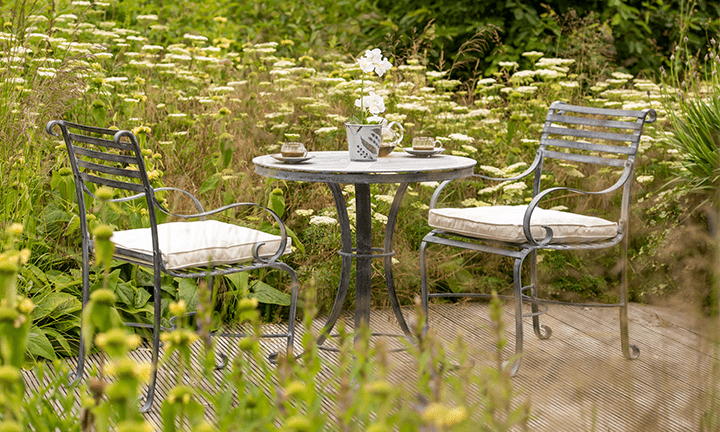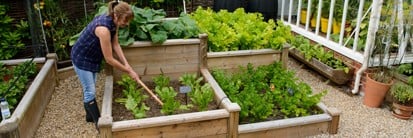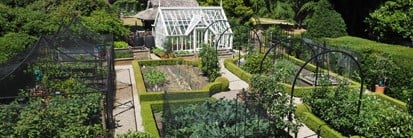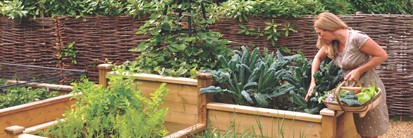The fluctuating winter weather is proving havoc with the country’s insect population – and ladybirds in particular are feeling the cold, according to the UK Phenology Network.
The Network are best placed to report on shifts in climate as they have joined forces with the BBC to launch their Springwatch and Autumnwatch surveys, in which volunteers around the country record the timing of the arrival of the seasons. This enables the Network to record changing patterns in our weather and in 2005, over 100,000 people contributed 200,000 observations.
The latest Springwatch survey has recorded over 100 ladybird sightings countrywide, around 2 weeks before the creatures should be emerging from hibernation. With more cold snaps forecast, the Network fear that the population could be hit hard, with a knock-on summer effect of increased numbers of aphids, the staple diet of the ladybird.
This of course is bad news for gardeners around the country; the early ladybirds have been spotted from Inverness in the north to Exeter in the south-west, so it’s definitely worth keeping this potential aphid threat in mind and planning for attacks. It is also worth considering providing shelter and food for these valuable garden allies, especially with the change in our weather trends.
The full results of the Springwatch survey will be revealed in a 3 week BBC 2 series, entitled Springwatch and hosted by Bill Oddie. Other tell-tale signs of spring arriving earlier than usual include the sighting of swifts, flowering hawthorn, red-tailed bumblebees and, of course, frogspawn.
To participate in the Springwatch survey, or to learn more about the UK Phenology Network, visit www.bbc.co.uk/springwatch or www.phenology.org.uk respectively.
UK Manufacturing since 1954





